Speakers of Bluetooth are still the best choice if you’re shopping for home audio in 2022. You might attract to smart speakers. Voice and casting controls are helpful in and of themselves. Even Sonos now has its voice assistant, and companies like Amazon and Google sell cheap speakers that do more than they cost to get you into their smart home ecosystems. There are still a lot of audiophile speakers that don’t have smart features, but even high-end brands like Bang & Olufsen are adding techs like AirPlay and Google Cast.
What makes a smart speaker different from a Bluetooth speaker?
To use a Bluetooth speaker, such as the UE Wonderboom 2 or the Tribit XSound Go, you must first connect your device to the speaker via Bluetooth. You can use any app on your phone to play music, which will come from the speaker instead of your phone speakers once you pair them. There is no need for an extra app. The speaker works like a part of your phone and plays any sound your phone makes, like ringtones and alerts. Most Bluetooth speakers are small, portable, and run on batteries, but there are also bigger, louder tabletop models. Many of them have microphones so that they can use them as speakerphones.
A smart speaker with a microphone, like the Amazon Echo or Google Home Mini, has a built-in computer that connects to the Internet, so it doesn’t need help from other audio devices. That means you don’t have to pair it with an outside source like a smartphone, but you still have to add it to your home Wi-Fi network so it can find audio sources for you. Smart speakers do require set up through an app, though. A smart speaker can connect to music streaming services, Internet radio, podcasts, and other news and information sources when you speak to it. It can also tell smart-home devices like lights, smart plugs, thermostats, and locks what you want them to do. Many smart speakers also have Bluetooth, but only a few can be powered by batteries and taken with you.
Smart speakers have some problems; sometimes, a simple Bluetooth speaker may be a better choice. This is why,
1# Bluetooth is easy.
Starting playback on a smart speaker can sometimes be a little hassle depending on how well it works. When it works, it’s brilliant. Asking for a song and hearing it right away feels like magic, and casting through an app like Spotify can let you do cool things like play music in more than one room.
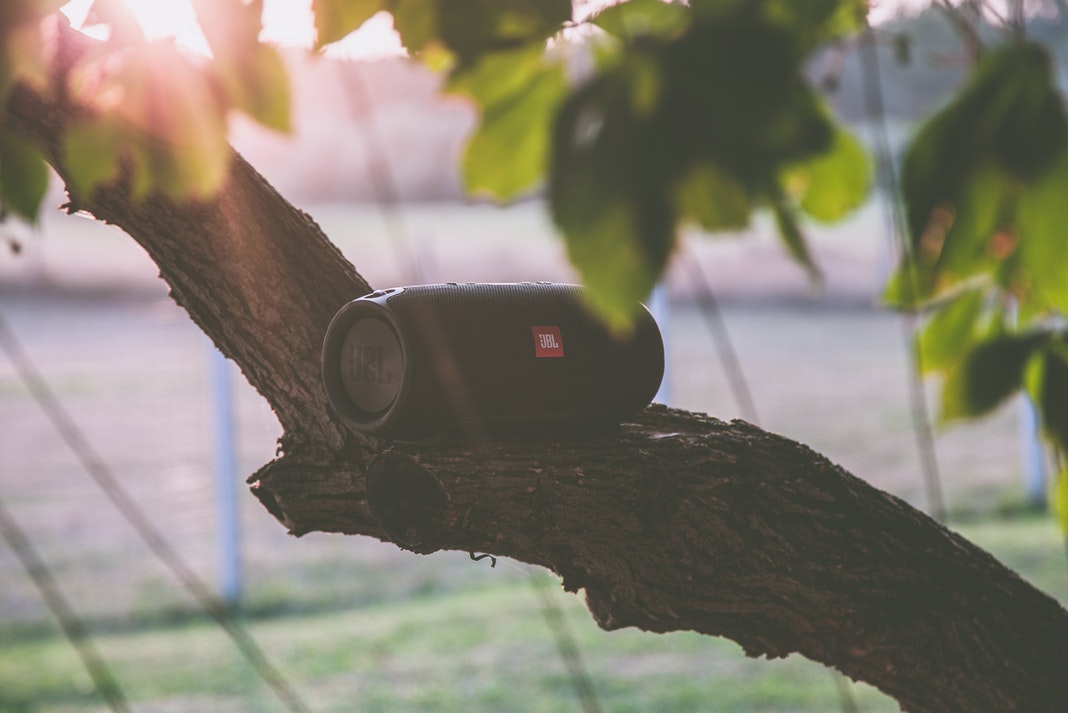
Apps don’t always find smart speakers, though, and even when they do, it takes a few moments to choose output and set up a link, even when the connection is good. Voice commands, however, can be hit or miss depending on your accent and the music you choose. Scottish accents, for example, are notoriously hard for assistants to understand, and if you want to find a song or artist with a foreign name, good luck. I no longer ask out loud if I want to listen to Nachtmahr. Instead, I go straight to the Spotify app.
Bluetooth speakers need to be paired up, and they can usually only pair to one device at a time. However, this makes them easy to use. Turn on a speaker and start playing sound in an app; you’re ready to listen. You’re not limited to certain apps, and you don’t have to set up settings for a platform like Amazon Alexa or Google Assistant.
This can be especially helpful if you’re buying a speaker for a child or an older person who doesn’t know much about technology. But sometimes, even tech journalists want to get right to the point, like when they put on music for a quick shower or a cookout in the backyard.
2# Portability
Many Bluetooth speakers are portable and run on batteries, but not all of them are. That makes them more adaptable both inside and outside the home. If you have a typical smart speaker like the Amazon Echo or the Sonos One, you can only use it where there is Wi-Fi and an outlet. On the other hand, the Bluetooth-based JBL Charge works just as well on the beach as in a workshop or bathroom.
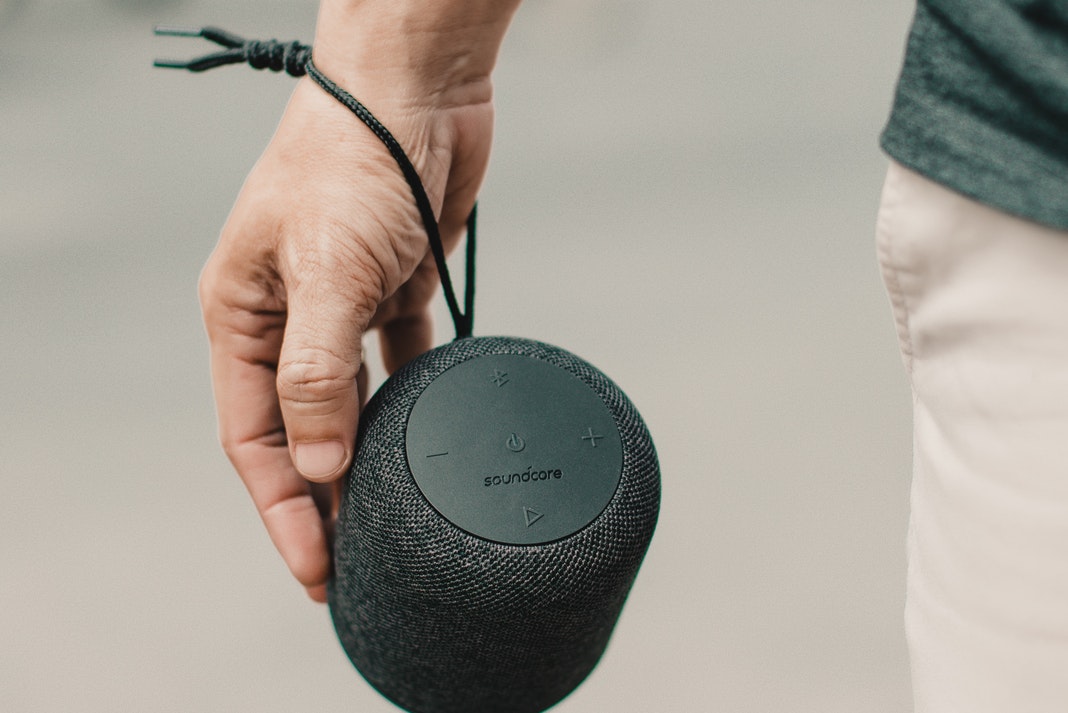
Most importantly, “smart” features almost never work without Wi-Fi. Without an internet connection, assistants like Alexa, Siri, and Google Assistant won’t work well. Sonos’s new voice technology solves this problem, but you still can’t control music without Wi-Fi unless you have a company’s Bluetooth-enabled Move or Roam products connected to a phone or tablet. (You can’t use Bluetooth with Sonos unless you’ve already set up a speaker with Wi-Fi.)
Even if your destination has Wi-Fi, it may be easier to travel with Bluetooth speakers. Every time you get a new router, you have to manually connect your Wi-Fi products to it, which can be more trouble than it’s worth. You could use your phone as a hotspot, but you might hit a limit on how much data you can use. This makes Bluetooth still the best choice.
3# More control in group settings
Smart speakers are great if you live alone or with people you can trust not to change the music. This seems to be a truth that is often overlooked. Since most music services only let you stream on one device at a time, it’s easy for a child, roommate, or anyone else in your home to stop you from listening with a voice command. For example, my son once stopped the gym soundtrack on my phone, so he could hear Elmo back in bed. You can sometimes link different music accounts to other voice profiles, but not everyone knows how to do that, and not everyone is willing or able to make different accounts.
Even if there are voice protections, someone could still speak to a speaker when you want to use it or keep it quiet. Casting is less of a problem for me now, but it’s still something to worry about. It requires intention and a device on the same Wi-Fi network as the speaker.
Bluetooth takes care of all of these worries. There is a chance that Bluetooth speakers could be abused by re-pairing or connecting to more than one device (when the speakers allow this), but the barriers are high enough that Bluetooth speakers are better for limiting access.
4# How loud do you want it to be?
Since the primary purpose of Bluetooth speakers is to play good music, they usually have a higher volume level and a better low-to-high range as well. On the other hand, smart speakers don’t have loud sound levels. So, a Bluetooth speaker would be a better choice for someone who only wants a speaker to listen to loud music with a lot of basses.
5# How much is privacy cared about?
A smart speaker requires a connection to the Internet, and you must tell it what to do. Because of this, the smart speaker is always listening to you to ask it to do something. Even though this is the main thing these speakers can do, it makes many users worry about their privacy. Companies say that they only use this information to improve their voice-input features and nothing else. When in doubt, you can always select an option with a toggle switch for turning on or off the microphone. When you activate it and say something, it will work.
6# Smart speakers need both the Internet and power to work.
Bluetooth speakers, on the other hand, run on batteries. A good one would last anywhere from 8 to 10 hours, and some even last longer. For smart speakers to work, you need to be connected to the Internet and keep them plugged in at all times.
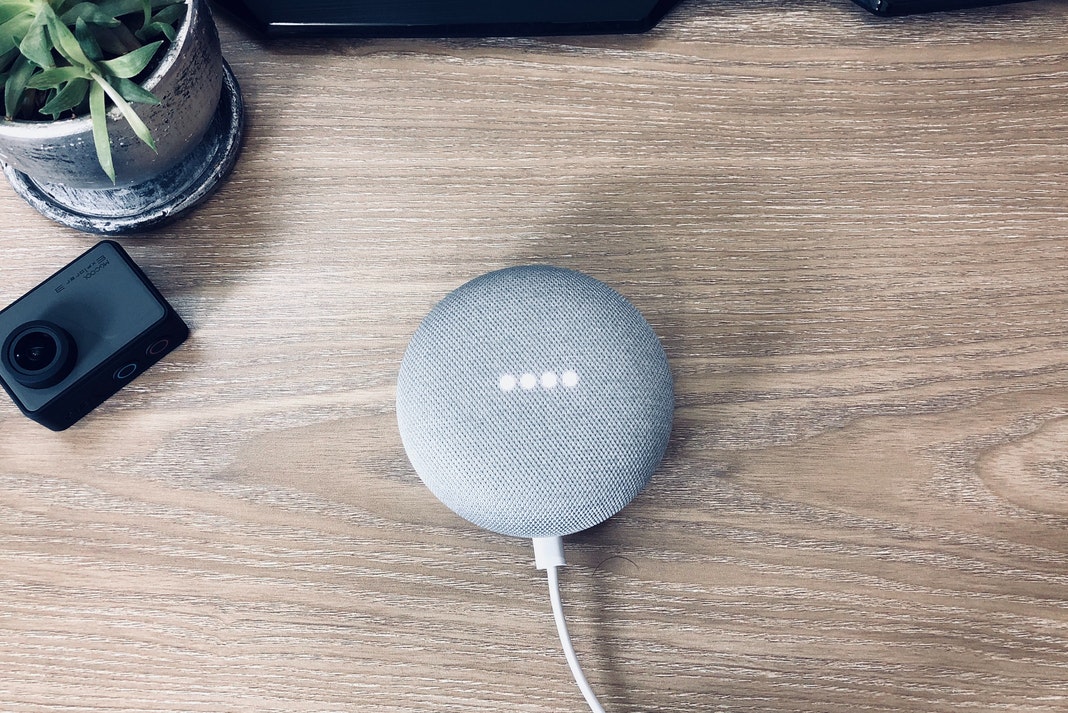
Some products, like portable smart speakers, have the best of both worlds, but there aren’t many on the market, and they can be quite expensive. This brings us to our next point when deciding which one to buy: the price. This makes Bluetooth still the best choice.
Final Thoughts
Even though smart tech seems to be taking over, speakers of Bluetooth is still the best choice. They serve certain needs, mostly ease of use and portability, and improvements to Bluetooth keep them useful. It doesn’t hurt that Bluetooth is sometimes less expensive, but portable options with big batteries can make them more expensive.
Expect both types of speakers to coexist until a major change brings their features closer together. It’s not hard to picture more brands adding offline assistants like Sonos, or a day when voice and casting access are better. For now, you can feel safe choosing the format that works best for you.




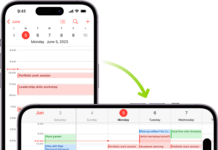


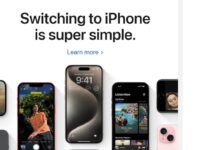

















![The Apex Legends Digital Issue Is Now Live! Apex Legends - Change Audio Language Without Changing Text [Guide]](https://www.hawkdive.com/media/5-Basic-Tips-To-Get-Better-On-Apex-Legends-1-218x150.jpg)











